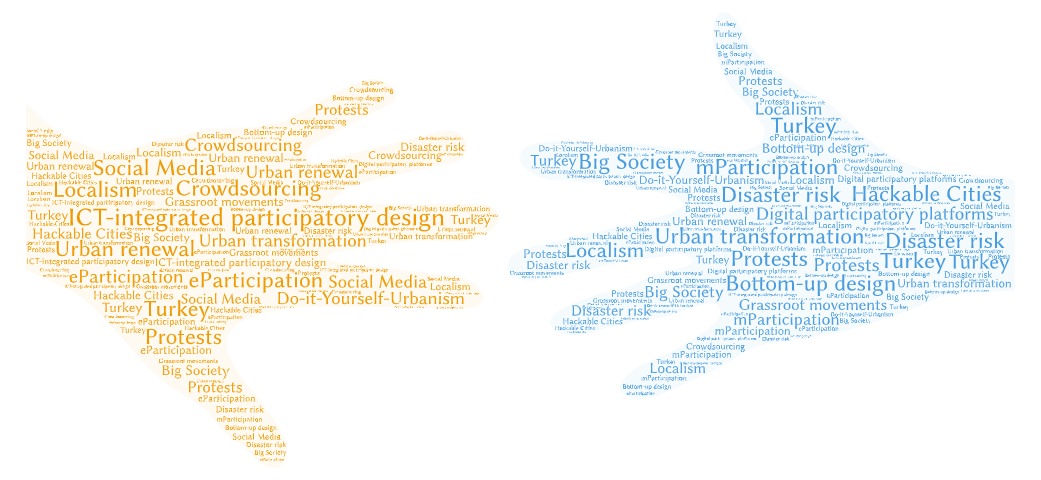An ICT-integrated Participatory Design Model for Urban Transformation Areas in Turkey
Research by Ahmet Gun (advisor: Burak Pak)
|| Turkey is vulnerable to disasters such as earthquakes, flood and landslides. Millions of housing units are planned to be demolished and rebuilt in next fifteen years within the scope of urban transformation. The existing legal framework and implementations realized are hardly participatory and thus cause conflicts. In this sense, there is a need to find novel ways to empower citizens and facilitate public participation so that these areas can be transformed with a data-driven approach by considering user needs and preferences; and valuing the existing socio-spatial and cultural context.
In the developed world, ICT-enabled participatory design tools and techniques such as digital participatory platforms and mobile participation applications have been utilized in urban renewal process to collect and utilize citizens’ desires, needs, and proposals as valuable input. These tools and techniques can potentially provide valuable opportunities for urban transformation processes in Turkey.
In this context, the aims of this research are: 1) to critically address the weaknesses and strengths of existing urban transformation practices in Turkey with a focus on Istanbul, and 2) to develop a new participatory design model for urban transformation processes by making use of contextualized ICT-based participation tools and techniques. Within these goals in mind, in this research, we critically map and discuss the existing urban transformation process in Istanbul by tracing how these “practices” take place on the field considering the different perspectives of stakeholder groups. This study reveals the need to reconsider the existing legal framework, introduce and mobilize new actors and embed participatory actions in current practices by placing citizen participation and expert collaboration at the center of the urban transformation process.
As a result, we try to develop an applicable model which consist of a system of participatory actions, interaction environments such as web-based participation platforms and expert collaboration platforms, and evaluative criteria for better practices to enable replicable and scalable set of interventions embedded in the existing urban transformation framework.
Keywords: ICT-enabled participation; participatory design; urban transformation; Turkey

